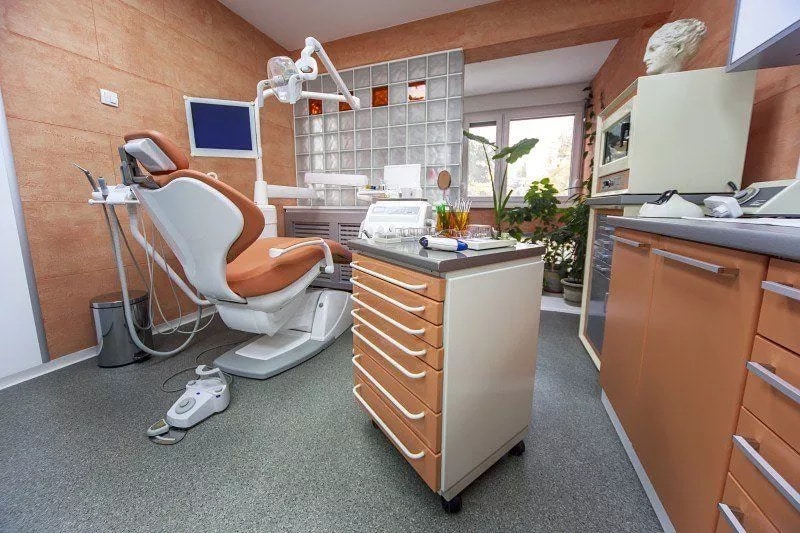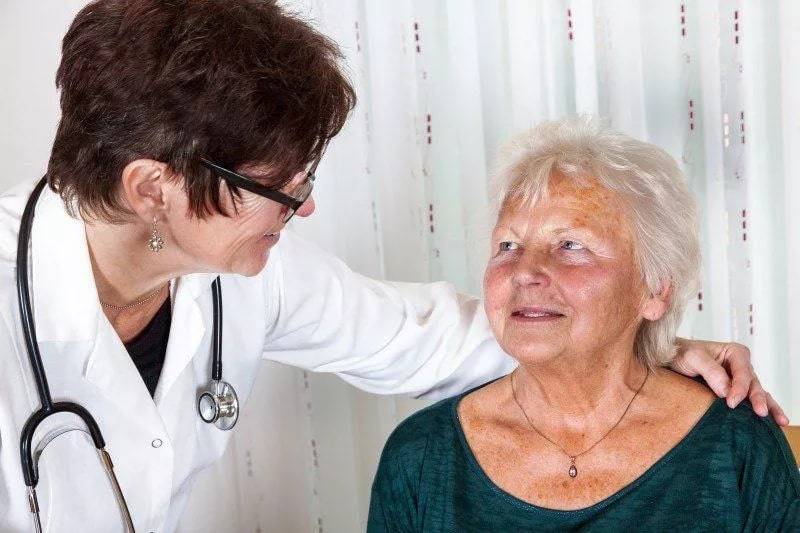Industries
Your business has needs when it comes to managing the bio-medical waste streams produced by your facility. From medical waste disposal to document destruction,
MedPro Disposal leads in the industry in compliant medical waste management
solutions that don’t break the bank.
Hospitals We Serve
Per the EPA: “Medical waste is a subset of wastes generated at health care facilities, such as hospitals, physicians’ offices, dental practices, blood banks, and veterinary hospitals/clinics, as well as medical research facilities and laboratories. Generally, medical waste is healthcare waste that that may be contaminated by blood, body fluids or other potentially infectious materials and is often referred to as regulated medical waste.”
The term “medical waste” can cover a wide variety of different byproducts of the healthcare industry. The broadest definition can include office paper and hospital sweeping waste. The list below displays the most common waste categories as identified by the WHO.


Physicians Practices We Serve
Private Physician Practices: According to the AMA; “Less than half of practicing physicians own their own practice, according to 2016 data collected in a nationally representative survey of 3,500 U.S.-based physicians who provide at least 20 hours of patient care per week and are not employed by the federal government.2016 marks the first year in which physician practice ownership is no longer the majority arrangement. According to data drawn from the AMA’s Physician Practice Benchmark Surveys, 47.1 percent of physicians are practice owners. The same percentage of physicians are employed, while 5.9 percent are independent contractors.
The data reflect a trend that has been evident in recent years. In 2012, the first year in which this AMA survey was conducted, 53.2 percent of physicians were owners. That figure dropped three percentage points to 50.8 percent in 2014. The AMA conducted similar surveys in the 1980s, when physician practice ownership was the dominant arrangement. For example, in 1983, by comparison, 76.1 percent of physicians were practice owners, as noted in a 2015 report.
”What does that mean for the Private practice?
It is more important than ever to protect your practice with a Medical Waste Disposal company that has the proper insurance. Our blog about medical waste liability is a good place to learn more. The second thing to look out for as a smal or any size practice is; price increases, often times what you sign-up for doesn’t match your monthly bill. This could be because of price increases, add on fees or regular cost of living increases. This is an important line item to monitor and helps keep a healthy bottom line. MedPro will perform regular audits to make sure you service matches your needs which is another cost savings practice.
Contact Us for More Information or Give us a Call
for a Fast Free Quote: 1-888-641-6131
Dental Practices We Serve
Many dental practices are disposing of their medical waste incorrectly. They are overspending by improperly classifying medical waste and adding items that could be going into the solid waste stream. Is your practice disposing of medical waste properly?
Because urgent care practitioners are on the “front lines” of medicine, they need to be proficient in evaluating and caring for – at This article first appeared in DE’s Expert Tips & Tricks. To receive enlightening and helpful practice management articles in this e-newsletter twice a month, visit dentistryiq.com/subscribe.
Medical waste disposal often costs five to eight times as much as solid waste disposal. When health-care professionals select a company to manage their medical waste, they want a reliable service that will address their unique needs. While many services can meet those expectations, their prices can vary dramatically.
EIf you feel like you’re overpaying for your medical and biohazard waste disposal, it’s important to familiarize yourself with the factors that affect the cost. You can perform a quick audit of your current medical waste needs and assess whether or not your current provider is meeting your requirements.


Funeral Home Waste Management Services
When it comes to managing a funeral home, disposing of the potentially infectious waste stream can feel daunting. However, if you understand the 4 main components of safe waste management, you will be on your way to running a safe funeral home that is fully compliant with all regulations.
Find Out How Much You Can Save Instantly
Try our on-line savings calculator.
Long Term Care Clinics We Serve
When it comes to managing a long term care clinic, disposing of the potentially infectious waste stream can feel daunting. However, if you understand the 4 main components of safe waste management, you will be on your way to running a safe funeral home that is fully compliant with all regulations.

Long Term Care Waste Must Be Properly Segmented
This includes a list of wastes not classified as medical waste that must be disposed of by other means. These include, but are not limited to:
- Pharmaceutical Waste
- Chemical Waste
- Radioactive Waste
- Bulk Chemotherapy Waste
Then there are wastes types like trace-contaminated chemotherapy waste, which differ from bulk or unused chemotherapy drug waste. An example of this would be used chemotherapy drug vials that could potentially accompany the person to a long term care clinic. In many states this type of waste can be placed in the biohazard waste bins that are picked up by your medical waste company.
On the other hand, pathological wastes such as bodily fluids or tissue often must be segregated or labeled separately from your On the other hand, pathological wastes such as bodily fluids or tissue, often must be segregated or labeled separately from your biohazard waste because of the method used for properly disposing of such waste. Rather than an autoclave, this type of waste often needs to be incinerated to ensure all potentially infectious material has been destroyed. If your medical waste hauler determines that pathological waste has been mixed with other biohazard waste then they may be forced to treat all waste as if it were pathological, which could result in an increased cost passed on to the long term care clinic.

Emergency Care Clinics We Serve
Emergency Care Clinics:
As urgent care practitioners are on the “front lines” of medicine, they need to be proficient in evaluating and caring for – at least initially – any patient who walks into an urgent care medicine center or urgent care clinic. For this reason, there is some overlap in the scope of practice between UCM and all existing medical specialties that involve direct patient care. Due to the convenience of UCM centers, patients choose these facilities when they are unable to see their usual doctor in a timely fashion or choose not to go to a hospital emergency department.
For most patients seen in an ambulatory medicine setting, the UCM specialist can fully care for the presenting problem, either independently or in consultation with another specialist. Sometimes patients will require follow-up with or referral to another specialist, transfer to an emergency department, or direct hospitalization (with inpatient care by the consultant). UCM specialists do not perform surgery (other than wound repair and skin lesion removal), do not care for inpatients, and typically do not engage in the continuing medical care of chronic medical problems.


